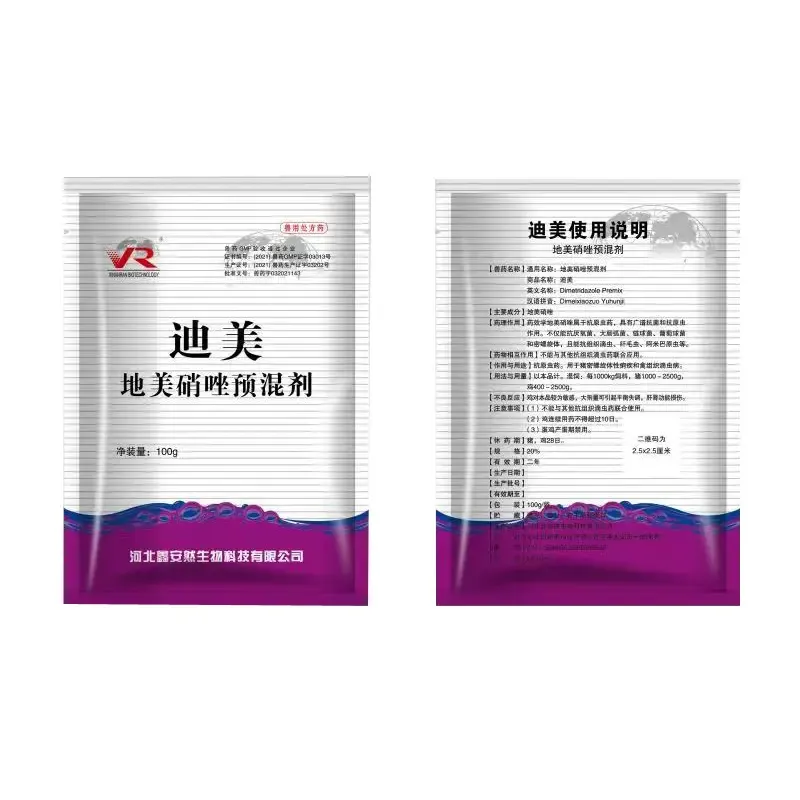- Afrikaans
- Albanian
- Amharic
- Arabic
- Armenian
- Azerbaijani
- Basque
- Belarusian
- Bengali
- Bosnian
- Bulgarian
- Catalan
- Cebuano
- Corsican
- Croatian
- Czech
- Danish
- Dutch
- English
- Esperanto
- Estonian
- Finnish
- French
- Frisian
- Galician
- Georgian
- German
- Greek
- Gujarati
- Haitian Creole
- hausa
- hawaiian
- Hebrew
- Hindi
- Miao
- Hungarian
- Icelandic
- igbo
- Indonesian
- irish
- Italian
- Japanese
- Javanese
- Kannada
- kazakh
- Khmer
- Rwandese
- Korean
- Kurdish
- Kyrgyz
- Lao
- Latin
- Latvian
- Lithuanian
- Luxembourgish
- Macedonian
- Malgashi
- Malay
- Malayalam
- Maltese
- Maori
- Marathi
- Mongolian
- Myanmar
- Nepali
- Norwegian
- Norwegian
- Occitan
- Pashto
- Persian
- Polish
- Portuguese
- Punjabi
- Romanian
- Russian
- Samoan
- Scottish Gaelic
- Serbian
- Sesotho
- Shona
- Sindhi
- Sinhala
- Slovak
- Slovenian
- Somali
- Spanish
- Sundanese
- Swahili
- Swedish
- Tagalog
- Tajik
- Tamil
- Tatar
- Telugu
- Thai
- Turkish
- Turkmen
- Ukrainian
- Urdu
- Uighur
- Uzbek
- Vietnamese
- Welsh
- Bantu
- Yiddish
- Yoruba
- Zulu
10 月 . 17, 2024 07:42 Back to list
Dexa Sodium Phosphate and Its Applications in Medical Treatments and Research
Understanding Dexamethasone Sodium Phosphate A Comprehensive Overview
Dexamethasone sodium phosphate is a synthetic glucocorticoid that plays a crucial role in medical treatment due to its powerful anti-inflammatory and immunosuppressive properties. As a member of the steroid class of medications, it is derived from natural hormones produced in the adrenal cortex. The compound is commonly used in various clinical situations, including managing inflammatory conditions, autoimmune disorders, and certain types of cancer. Understanding the pharmacology, indications, and potential side effects of dexamethasone sodium phosphate is essential for both healthcare providers and patients.
Pharmacological Properties
Dexamethasone sodium phosphate is characterized by its high potency and long half-life compared to other corticosteroids. Its mechanism of action involves binding to glucocorticoid receptors, which subsequently leads to alterations in gene expression. This binding ultimately results in the suppression of inflammatory pathways, modulation of immune responses, and regulation of glucose metabolism. The sodium phosphate form of dexamethasone allows for parenteral administration, making it suitable for both intravenous and intramuscular injections, leading to rapid systemic effects.
Indications for Use
Dexamethasone sodium phosphate is indicated in a variety of clinical contexts. It is often utilized in the treatment of severe allergies, asthma exacerbations, and chronic obstructive pulmonary disease (COPD) exacerbations. In oncology, it plays a pivotal role in managing nausea and vomiting associated with chemotherapy and can enhance the effectiveness of certain anticancer treatments. Additionally, it is effective in treating autoimmune conditions such as lupus and rheumatoid arthritis, where it helps to reduce inflammation and tissue damage.
In the context of COVID-19, the use of dexamethasone sodium phosphate gained significant attention as research demonstrated its effectiveness in reducing mortality rates among patients requiring supplemental oxygen or mechanical ventilation. The discovery underscored the role of corticosteroids in managing acute respiratory distress, a critical aspect of severe COVID-19 cases.
Dosage and Administration
dexa sodium phosphate

The administration of dexamethasone sodium phosphate varies based on the condition being treated and the patient's individual needs. Healthcare providers must carefully consider the appropriate dosage and duration of therapy to optimize therapeutic outcomes while minimizing side effects. For acute conditions, higher initial doses may be required, while chronic conditions often necessitate tapering and lower maintenance doses.
The injectable form is particularly useful in emergency situations, as it allows for immediate therapeutic effects. However, oral formulations are also available and are indicated for long-term management of various diseases. For patients requiring long-term treatment, close monitoring for potential side effects is essential to ensure safe and effective use.
Potential Side Effects
While dexamethasone sodium phosphate is an effective medication, it is not without potential side effects. Common adverse reactions may include increased appetite, weight gain, insomnia, and mood changes. Long-term use can lead to more severe complications such as osteoporosis, adrenal suppression, increased risk of infections, and elevated blood glucose levels, which can be particularly concerning for patients with diabetes.
It is crucial for healthcare providers to educate patients about these potential side effects and to implement strategies to mitigate risks. This may involve regular follow-up appointments to monitor for signs of complications, as well as considering the use of adjunct therapies, such as bisphosphonates for bone health in long-term users.
Conclusion
Dexamethasone sodium phosphate represents a vital tool in modern medicine, offering a wide range of therapeutic effects in managing various acute and chronic conditions. Its potent anti-inflammatory and immunosuppressive properties allow for significant improvement in patient outcomes, particularly in severe allergic reactions, autoimmune disorders, and certain cancers. However, the potential for adverse effects necessitates careful monitoring and patient education to ensure the safe and effective use of this medication.
As ongoing research continues to explore the full potential of dexamethasone and its various applications, the compound remains a cornerstone in the therapeutic arsenal of healthcare professionals. Understanding its pharmacological properties, indications, and side effects will enable better patient care and improved health outcomes across diverse clinical settings.
-
The Power of Radix Isatidis Extract for Your Health and Wellness
NewsOct.29,2024
-
Neomycin Sulfate Soluble Powder: A Versatile Solution for Pet Health
NewsOct.29,2024
-
Lincomycin Hydrochloride Soluble Powder – The Essential Solution
NewsOct.29,2024
-
Garamycin Gentamicin Sulfate for Effective Infection Control
NewsOct.29,2024
-
Doxycycline Hyclate Soluble Powder: Your Antibiotic Needs
NewsOct.29,2024
-
Tilmicosin Premix: The Ultimate Solution for Poultry Health
NewsOct.29,2024













